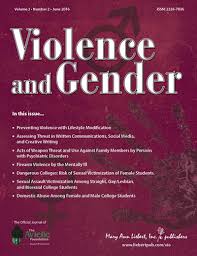
The corresponding author of the study that detected toxic leaks from the work of prominent British artist Damien Hirst has now retracted it — but most of his co-authors disagree with the decision.
The April Analytical Methods study was covered extensively by the media when it suggested staff at Damien Hirst’s 2012 exhibition at Tate Gallery in London of dead animals embalmed in formaldehyde were being exposed to higher than recommended levels of the carcinogen.
Tate and Hirst’s company, Science Limited, immediately objected to the results; we’ve obtained what appears to be letter from a lawyer for Science Limited to the corresponding author of the paper — Pier Giorgio Righetti of the Polytechnic University of Milan in Italy — saying it was “deeply concerned and troubled by the claims” in the paper.
Last month, the journal issued an expression of concern (EOC) for the paper, nothing the data may not be reliable, and on July 15, Righetti announced in a joint statement with Hirst’s company that he will be retracting his study.
Now, the paper has been officially retracted, noting more recent measurements show formaldehyde levels to be much lower than originally reported. But most of Righetti’s co-authors disagree with the decision, the notice says: Continue reading Study of air quality around Damien Hirst’s artwork retracted — against most authors’ wishes


 A journal is reviewing a paper about trends in rape at U.S. colleges after the author realized a mistake.
A journal is reviewing a paper about trends in rape at U.S. colleges after the author realized a mistake.

